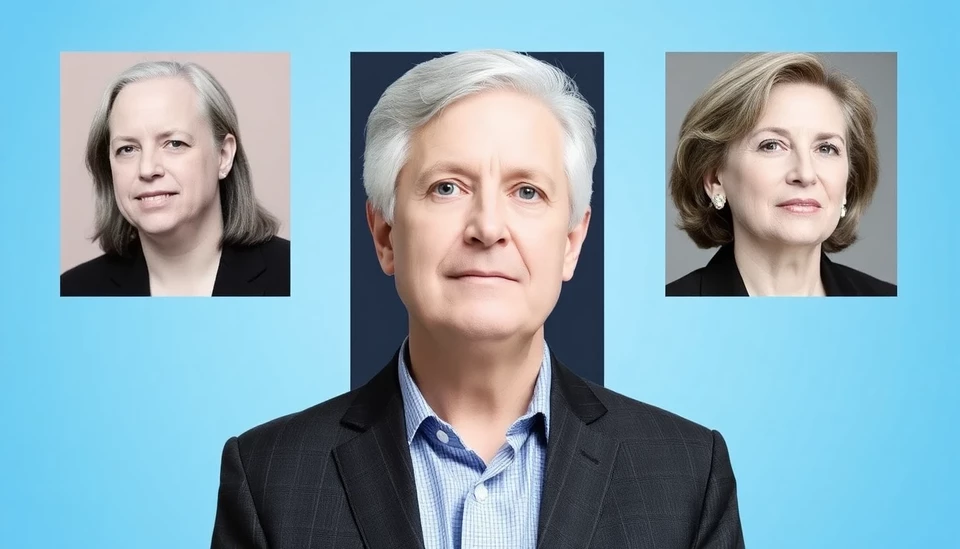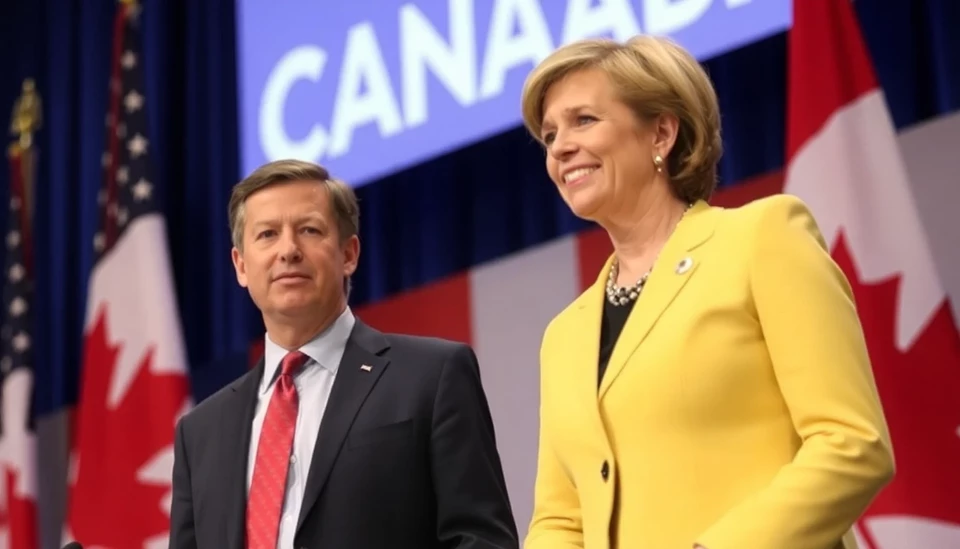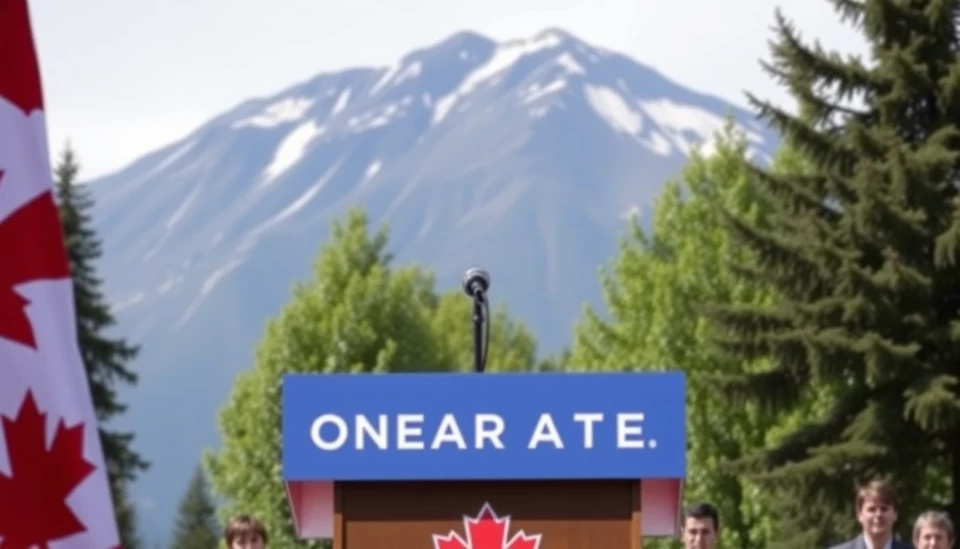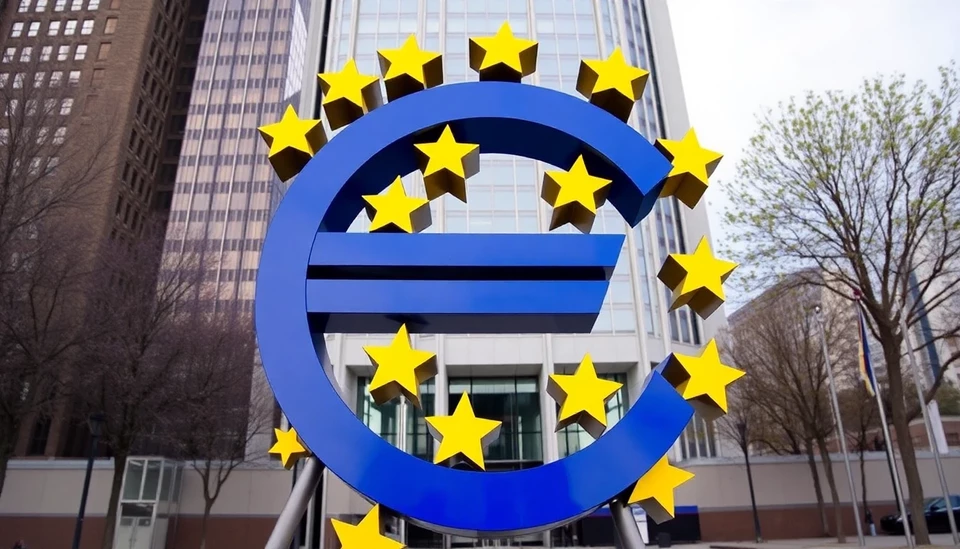
In a troubling turn of events for Canada's economy, the prospects of a soft landing are increasingly jeopardized as Bank of Canada Governor Tiff Macklem navigates the challenges posed by potential tariffs from the Trump administration. This development has raised concerns among economists and policymakers alike, who fear that the reintroduction of trade barriers would create further complications for the already delicate economic landscape.
The concept of a "soft landing" refers to an economic scenario where growth slows down without leading to a recession. As Canada grapples with inflationary pressures and lingering effects from the pandemic, achieving this delicate balance has become a top priority for Macklem and his team. However, recent discussions surrounding the possibility of reintroduced tariffs on Canadian goods have alarmed many in the financial sector, casting shadows over this ambitious economic strategy.
Experts indicate that the proposed tariffs could significantly hinder Canadian exports, particularly in vital sectors such as energy and manufacturing. In an already cautious market, the specter of increased costs and diminished competitiveness could deter investments and slow down crucial growth indicators. Analysts warn that if implemented, these tariffs could effectively erase the progress Canada has made in stabilizing its economy.
Furthermore, the re-emergence of trade tensions signals a return to the protectionist policies that characterized the prior U.S. administration under President Trump. Canada, a nation highly reliant on trade, particularly with its southern neighbor, could find itself in a precarious position if tariffs are applied — potentially leading to retaliatory measures that could escalate into a full-blown trade war.
Macklem is currently weighing options to mitigate the fallout from this uncertainty. While some policymakers advocate for immediate measures to combat potential economic fallout, others stress the importance of preparing for a longer-term strategy that focuses on strengthening domestic industries and enhancing international partnerships. As global supply chains become increasingly complex, reliance on a single market can expose vulnerabilities that Canada should be wary of.
Economists emphasize the importance of a coordinated response that not only addresses the immediate risks posed by potential tariffs but also lays the groundwork for sustainable economic growth moving forward. Strategic initiatives that foster innovation, support small and medium-sized enterprises, and expand into new markets may be crucial for maintaining Canada’s economic health in the face of international challenges.
As the situation develops, all eyes will be on Macklem and the Bank of Canada's forthcoming decisions. Their approach in handling these impending tariffs will likely shape the trajectory of the Canadian economy for years to come, as they strive to avert the adverse effects that could arise from strained trade relations.
In summary, Canada stands at a crossroads, with the threat of Trump-era tariffs looming once again. The decisions made by Tiff Macklem and the Canadian government in response to this situation will have lasting implications for the nation’s economic stability and growth.
As the country braces for possible changes, stakeholders remain hopeful for a balanced resolution that safeguards Canadian interests while fostering positive relations with their key trading partners.
#Canada #Macklem #Economy #Tariffs #TradeRelations #SoftLanding #Finance #TradeWar #USeconomy
Author: Laura Mitchell




